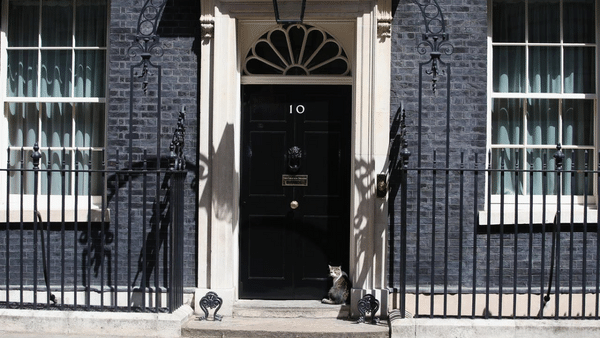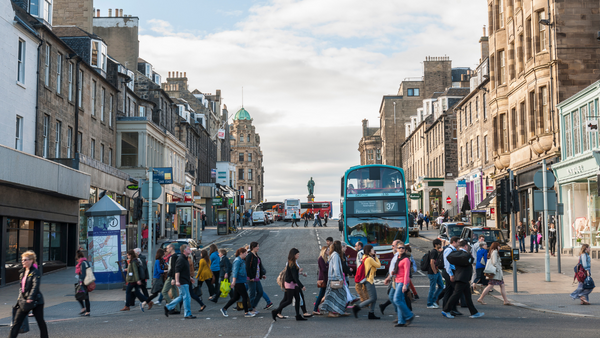Why does the government do what it does? There are lots of answers to this question, most of them rude.
Why does the government do what it does? There are lots of answers to this question, most of them rude.
Some would say that politicians just chase headlines, others would say that governments just keep doing things because they’ve always done them and others would say that governments respond to demands from pressure groups.
In a document called The Green Book the government lays out why it thinks it does anything. Here’s what they say;
“REASONS FOR GOVERNMENT INTERVENTION
3.2 This underlying rationale is usually founded either in market failure or where there are clear government distributional objectives that need to be met. Market failure refers to where the market has not and cannot of itself be expected to deliver an efficient outcome; the intervention that is contemplated will seek to redress this. Distributional objectives are self-explanatory and are based on equity considerations.”
So that’s clear then.
What I take this to mean is that one reason for government to run a programme, create a regulation or pass a law is if the private market is failing in a certain area. This seems a perfectly sensible reason for government intervention. However, it has a perverse effect on our politics.
It means that calls for government intervention are normally framed as the need to avoid a ‘crisis’. So we have warnings about a housing crisis, an environmental crisis and even a pub crisis. Our political debate is full of people pointing to crises. Partly they are doing this to get government to intervene in ways that they think will make the world better.
The worrying logic of this way of thinking is that the more awful you can make the world sound, the more likely you will be to convince government to back your idea. That can hardly be good for our level of political debate.
Worse still, it means that anyone who does point to any problems in society is inevitably asked “what do you think the government should do about this?”
I recently ran a workshop in New Cross Gate. I asked the participants how they thought their area could be improved. One person complained that the council “doesn’t build on what’s good, they only focus on what’s bad”. In fact, that approach is how we run our politics in general.
Related articles
-
Design for Life: six perspectives towards a life-centric mindset
Joanna Choukeir Roberta Iley
Joanna Choukeir and Roberta Iley present the six Design for Life perspectives that define the life-centric approach to our mission-led work.
-
Inventing meaning and purpose: a politics award for our times
Ruth Hannan
Ruth Hannah is inspiring you to submit your creative and courageous political project to the Innovation in Politics Awards 2022.
-
How can we cultivate healthier and happier communities?
Ella Firebrace Riley Thorold
How might we look to our futures and shape what it means to lead healthier and happier lives?



Be the first to write a comment
Comments
Please login to post a comment or reply
Don't have an account? Click here to register.